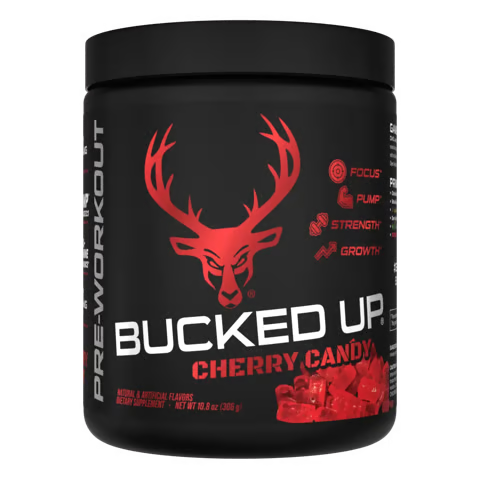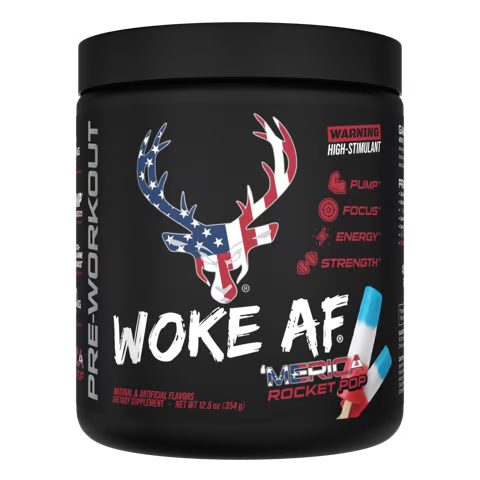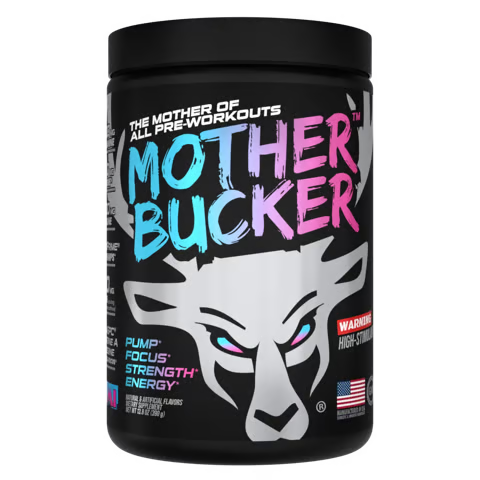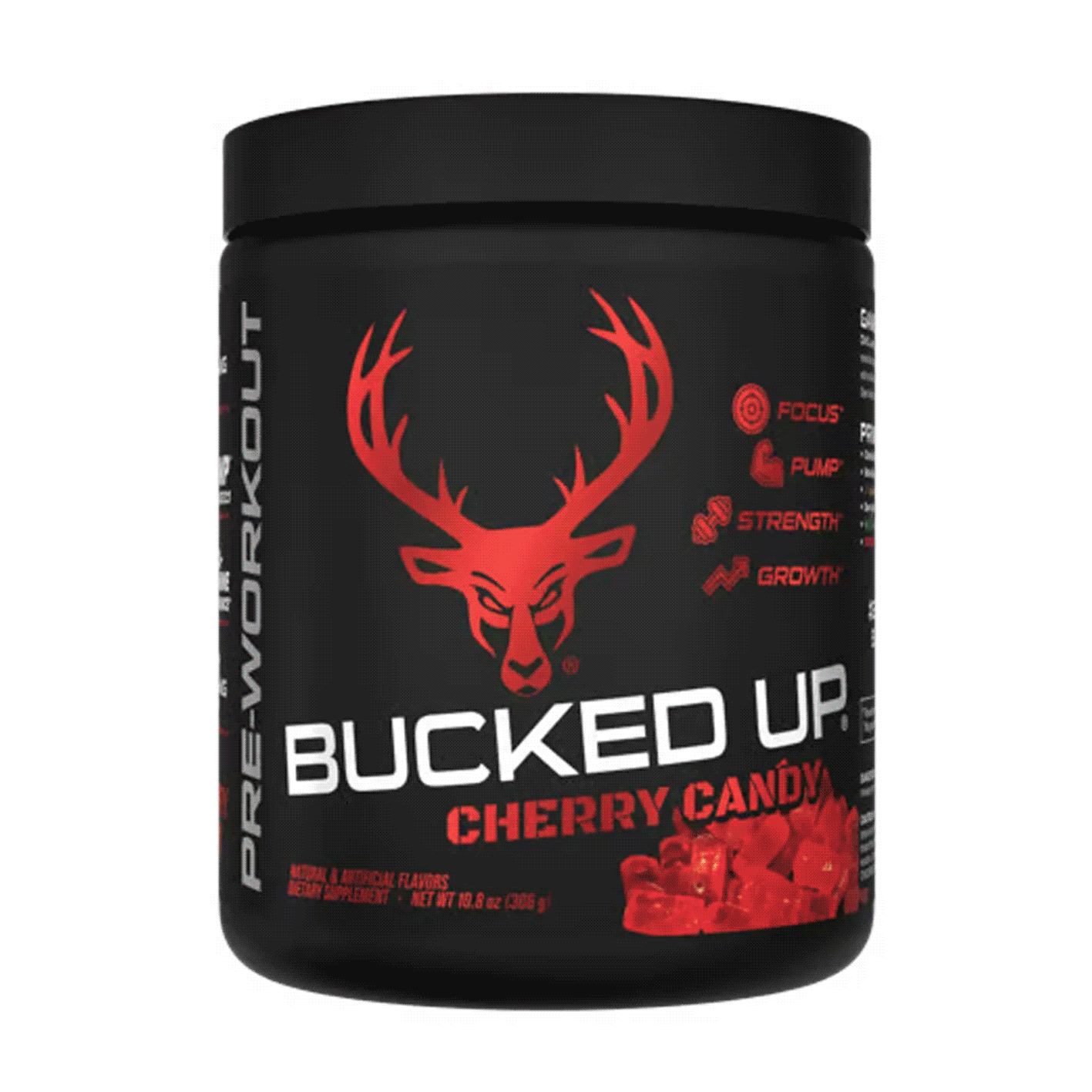Navigating pre-workout supplements with a health condition can feel tricky, but it’s doable with the right information. This guide breaks down key ingredients, potential interactions, and practical steps to make safe choices. Whether you’re managing heart issues, anxiety, diabetes, or other concerns, you can still boost your workouts by focusing on informed decisions and professional advice.
Why Your Health Matters When Choosing Pre-Workouts
Pre-workout supplements are popular for delivering extra energy, focus, and endurance during training. They often include ingredients like caffeine, beta-alanine, and citrulline to help you push harder. But if you have a health condition, using these products without care can bring risks. Over half of pre-workout users report side effects like nausea or heart issues, especially when taking more than suggested.
Everyone’s body reacts differently, especially with conditions like diabetes or high blood pressure affecting responses. Knowing how ingredients interact with your health isn’t just about avoiding discomfort. It’s about safeguarding your well-being while chasing fitness goals.
Education and a tailored approach make all the difference. Focus on understanding ingredients, start slowly, and keep track of how your body feels. Ready to boost your workouts safely? Explore Bucked Up’s pre-workout options designed to support energy and focus with clear ingredient details.
Key Ingredients in Pre-Workouts and Health Impacts
What to Know About Stimulants Like Caffeine
Caffeine is the main stimulant in most pre-workouts, often dosed between 150mg and 400mg per serving. It boosts alertness and cuts down on how tired you feel by affecting brain receptors. But its impact goes beyond a quick energy lift.
Some people handle caffeine differently due to genetics. Caffeine-sensitive individuals might feel anxious or jittery even with small amounts. It can also increase stomach acid, which may cause discomfort if you have digestive issues. Late-day use might disrupt sleep, especially for slow metabolizers.
Other stimulants, such as synephrine, can raise heart rate and blood pressure more intensely. If you have heart concerns or are sensitive to stimulants, check with a doctor before using products with these ingredients.
Performance Boosters Like Beta-Alanine and Citrulline
Beta-alanine helps delay muscle fatigue by managing lactic acid buildup. Doses between 1.5 and 6.4 grams daily can improve high-intensity exercise results. Yet, it often causes a tingling sensation in hands or feet. This harmless effect can be reduced by splitting doses or using slow-release versions.
Citrulline malate and similar compounds increase blood flow for better muscle pumps. They’re usually safe for most, but if you’re on blood pressure medication or have heart issues, consult your doctor since they can affect circulation.
Other Ingredients That Need Attention
Niacin, or vitamin B3, is added for energy support, but high doses can cause issues. At 500mg or more, it might cause skin flushing from blood rushing to the surface. Also, large doses before exercise could hinder performance.
Sodium bicarbonate, used to buffer acid, can upset your stomach. It often leads to bloating or nausea in sensitive individuals. Proprietary blends are another concern, hiding exact ingredient amounts. This lack of clarity makes it hard to judge safety or dosage.
Medication interactions are a major risk. Mixing supplements with drugs might cause serious health effects. Always talk to a healthcare provider before starting.
How Health Conditions Affect Pre-Workout Use
Managing Heart Issues Like High Blood Pressure
If you have a heart condition, pre-workouts need extra caution. Stimulants like caffeine can spike heart rate and blood pressure, worsening issues like hypertension or arrhythmias. Even blood flow enhancers might interact with heart medications.
Getting clearance from your doctor is a must. A cardiologist can evaluate if any pre-workout is safe for you and suggest specific ingredients or doses to minimize risk.
Balancing Diabetes with Supplements
For those with diabetes, pre-workouts can influence blood sugar. Some contain sugars or alcohols that affect glucose, while caffeine might impact insulin sensitivity. Monitor levels closely before, during, and after workouts. You might need to adjust meds or food intake with a doctor’s help to stay safe.
Handling Anxiety or Sleep Issues
Stimulants can worsen anxiety, sometimes triggering panic or unease, even in small doses. If you have anxiety or insomnia, consider how ingredients impact your symptoms. Sleep issues can also get worse with late-day caffeine, creating a tough cycle. Stimulant-free options might be a better fit if sleep or anxiety is a concern.
Dealing with Digestive Sensitivities
Digestive conditions like IBS or acid reflux require careful ingredient choices. Caffeine and sodium bicarbonate often cause discomfort. Look for products without these triggers or lower your dose. Artificial sweeteners in some blends can also lead to bloating or diarrhea if you’re sensitive.
Navigating Pregnancy or Breastfeeding
If you’re pregnant or breastfeeding, pre-workouts are generally not advised. Caffeine and other ingredients can affect a fetus or infant through placenta or milk, posing risks like low birth weight or sleep issues in babies. Avoid these supplements or get specific medical guidance during this time.
Other Conditions to Consider
Kidney or liver issues can affect how you process supplements, risking buildup or strain. Autoimmune conditions or related medications also need careful monitoring for interactions. No matter the condition, always consult a healthcare provider to match supplements with your medical history.
Your Plan for Safe Pre-Workout Use
Start with a Doctor’s Input
Talking to your doctor is the first step if you have a health condition. They know your meds, lab results, and risks. Bring product labels to discuss ingredients and doses. They might also suggest monitoring like blood pressure checks to ensure safety.
Choose Products with Clear Labels
Opt for pre-workouts that list every ingredient and amount. Hidden blends make it tough to assess safety. Clear details help you and your doctor decide what’s safe and start with lower doses to test tolerance.
Begin with Small Doses
Start with a fraction of the recommended dose, like a quarter or half. Many users take too much, increasing side effect risks. Track how you feel during and after workouts, noting any odd reactions to share with your doctor.
Explore Stimulant-Free Alternatives
If stimulants are a concern, consider non-stimulant pre-workouts. Bucked Up offers a version with citrulline for blood flow and beta-alanine for endurance, skipping caffeine. This fits if you deal with anxiety, heart issues, or evening training. Check out Bucked Up’s stimulant-free option for a safer boost.
Keep Track and Adapt
Monitor your body’s response over time. Stop if you notice issues like high blood pressure, odd heartbeats, or worsening symptoms. Regular doctor visits help adjust your plan as health or meds change. Don’t ignore small signs, they could hint at bigger problems.
Focus on Hydration and Nutrition
Stay hydrated, especially with diuretic ingredients like caffeine. Water helps ingredients work better and cuts side effects. A balanced diet supports safe supplement use, while poor nutrition can raise reaction risks.
Bucked Up: Clear Choices for Health-Minded Athletes
Bucked Up stands out with full ingredient transparency and a range of formulas for different needs. Their pre-workouts list exact doses, helping you make safe choices. Made in GMP-certified U.S. facilities, they prioritize quality for those cautious about purity.
Which Bucked Up Pre-Workout Fits Your Needs?
Bucked Up offers options for various health concerns. Here’s a quick look at their lineup with product images to help you visualize your choice.

The standard Bucked Up Pre-Workout has a moderate 200mg of caffeine. It balances energy, focus, and endurance, fitting those with mild stimulant tolerance.

Woke AF is a high-stimulant option for seasoned users, not featured in the table but available for those needing an intense boost with medical approval.

Mother Bucker is another powerful choice for advanced users, also requiring higher tolerance and doctor consultation.
|
Product |
Caffeine Content |
Key Benefits for Health-Conscious Users |
Ideal For |
|
Non-Stimulant Pre-Workout |
0mg |
Pump, endurance, focus without stimulant effects |
Caffeine sensitivity, anxiety, evening workouts |
|
Bucked Up (Standard) |
200mg |
Balanced energy, focus, endurance |
Moderate stimulant tolerance |
|
LFG Pre-Workout |
300mg |
Energy, focus, plus fat-burning support |
High stimulant tolerance with approval |
Want to find the right fit? Browse Bucked Up’s full range for detailed formulas tailored to your goals and health.
Final Thoughts: Boost Fitness Safely
Using pre-workouts with health conditions means balancing performance and safety. With the right info, medical input, and careful picks, you can enhance workouts without risk. Bucked Up leads with clear, science-backed options for varied needs.
Your condition doesn’t stop you from hitting fitness highs. It just needs a thoughtful plan. Consult pros, start small, and keep checking your body’s feedback. Ready to step up safely? Discover Bucked Up’s pre-workouts and match your health needs with performance goals.
Common Questions Answered
Is Pre-Workout Safe with High Blood Pressure?
If you have high blood pressure, pre-workouts, especially with caffeine, carry risks. They can raise blood pressure and heart rate significantly. A doctor’s evaluation is critical before use. Stimulant-free options might work in some cases, but only with medical oversight.
Which Ingredients Are Gentle on a Sensitive Stomach?
For a sensitive stomach, avoid sodium bicarbonate and high caffeine doses that cause discomfort. Skip artificial sweeteners like sorbitol too. Safer bets include citrulline malate for pumps and small beta-alanine doses for endurance. Start with stimulant-free products and low amounts to test your tolerance.
How Can I Spot Medication Interactions?
Figuring out if a pre-workout clashes with your meds needs a doctor or pharmacist’s input. They check ingredients against your prescriptions for risks like blood pressure or sugar control issues. Bring the product label for a full review before using anything.
Is Any Pre-Workout Safe for All Health Conditions?
No pre-workout is safe for everyone with a health condition since reactions vary widely. Stimulant-free products often carry less risk by avoiding caffeine’s effects. Still, individual medical advice is essential to match ingredients with your specific situation.
What If I Notice Mild Side Effects?
Even minor side effects, like headaches or stomach upset, need attention if you have a health condition. They might signal bigger issues. Consider cutting the dose or stopping under medical guidance. Don’t dismiss small changes, and consult your doctor about ongoing or worsening symptoms.
Disclaimer: These statements have not been evaluated by the Food and Drug Administration. This product is not intended to diagnose, treat, cure, or prevent any disease.




